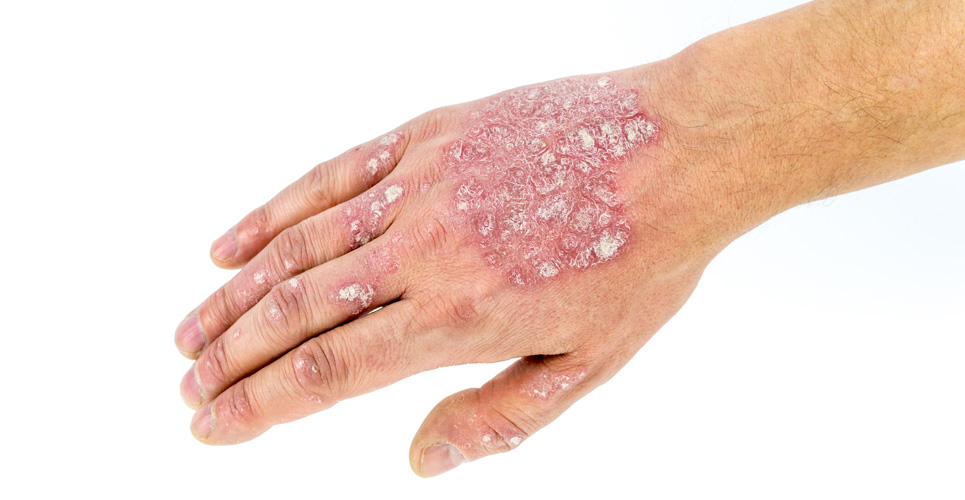teaser
Thursday 21 May saw the European launch of the first topical calcineurin inhibitor to be approved for the maintenance treatment of eczema to prevent flares and prolong flare-free intervals.
Protopic ointment (tacrolimus monohydrate) is already licensed to treat moderate and severe eczema (atopic dermatitis), often involving the treatment of flares as and when they occur. It is now also approved for twice-weekly application to previously affected skin to prevent these exacerbations and prolong flare-free periods in Protopic-responsive patients.
Clinical studies have shown that this new approach brings significant benefits, with over 40% of patients with moderate to severe eczema remaining flare-free for at least a year. Flares are known to place an enormous burden on patients. The International Study of Life with Atopic Eczema (Isolate) found that about 55% of these patients worried about the onset of their next exacerbation and that they spent on average over a third of the year (136 days) with their eczema in flare.
“Helping patients to reduce the number of flares they experience will lift many of the burdens patients face on a day-to-day basis,” said Dr Sakari Reitamo, Hospital for Skin and Allergic Diseases, Helsinki University Central Hospital, Finland.
He added: “We are giving patients the opportunity to get on with their lives without the worry of a flare hanging over them.”
Approval of the twice-weekly regimen of Protopic was based on sub-analysis of the results from two phase III studies (CONTROL) conducted in 524 adults and children in 13 European countries, which found that once patients had responded to twice-daily treatment of their flares with Protopic ointment, continuing treatment to previously affected areas with a twice-weekly regimen significantly reduced the number of flares compared with a flare treatment-only regimen.
Patients in the twice-weekly Protopic ointment group also noticed a significant delay in the time they experienced their first flare (from 14 to 123 days in adults and 17 to 146 days in children), compared with those treated with the standard Protopic treatment regimen.
Dr Reitamo concluded: “Until now, more severe eczema often controlled the lives of patients. Now, maybe for the first time, this has reversed – patients control their eczema.”

